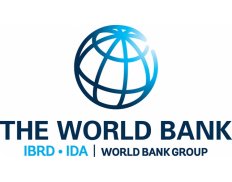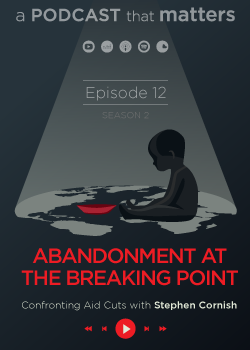Print

Harnessing Procurement Opportunities for Women Entrepreneurs in Emerging Markets
Details
Locations:Denmark
Start Date:Sep 1, 2021
End Date:Sep 30, 2022
Contract value: CAD 65
Sectors: Gender, Procurement, Research, SME & Private Sector
Description
Detailed description of the project
Kisserup International Trade Roots was contracted to support WEConnect International in conjunction with a larger research study being undertaken by the International Finance Corporation (IFC), in partnership with Accenture, as part of IFC's Sourcing2Equal Global Program titled Harnessing Procurement Opportunities for Women Entrepreneurs in Emerging Markets.
Kisserup was engaged by WEConnect on this dually phased research study and was responsible for supporting Phase 1: Desk Research including Literature Review and Stakeholder Mapping, and Phase 2: Primary Research including conducting research interviews focused on procurement practices and writing deep dives and features to be included within the published study. Kisserup’s scope of work took place over one month from September 2021 to September 2022.
Research objectives include:
- To demonstrate that gender-inclusive sourcing can yield business benefits.
- To encourage buyers to make more gender-inclusive procurement decisions.
- To encourage financial intermediaries to provide Supply Chain Finance (SCF) solutions to women-owned enterprises (WoEs).
Guiding research questions:
1. Evidence Gap: What are the gender gaps between women and men in private procurement? What is the estimated potential uplift in spend that Buyers can make with WoEs?
2. Benefits and Barriers: What are the business case and business drivers for buyers to pursue gender-inclusive sourcing? What are the key barriers buyers and suppliers face?
3. Solutions and Case Studies: What are buyer approaches, good practices, and SCF models that support the integration of WoEs into supply chains in emerging markets?
4. Enabling Policy: How can the public sector enable and encourage private sector buyers to purchase goods/services from WoEs?
5. Lessons Learned and Recommendations: What can buyers, governments, financial intermediaries, and development agencies do to advance gender-inclusive sourcing?
Kisserup fully met the contractual obligations and completed all the project elements and deliverables as per the contract. This project was completed on time and within budget.
Highlights of Services Provided:
- Supported WEConnect in the verification of the literature on supplier diversity and gender-inclusive sourcing to develop the evidence base for the business care, drivers, barriers and best practices, and establish the research hypothesis.
- Designed and developed the mapping framework to establish key stakeholders for primary outreach.
- Drafted interview guide.
- Conducted interviews with 21 stakeholders on success and challenges in gender-inclusive sourcing, supply chain finance solutions, and public policy initiatives. The interviews included:
- 11 Buyers across countries
- 5 Financial intermediaries (FIs)
- 5Public policy experts
- Wrote Deep Dives and Features to be included in the final study including
- 5 Buyers Deep Dives
- 4 Buyers Features
- 2 SCF Features
- 3 Public Policy Deep Dives

